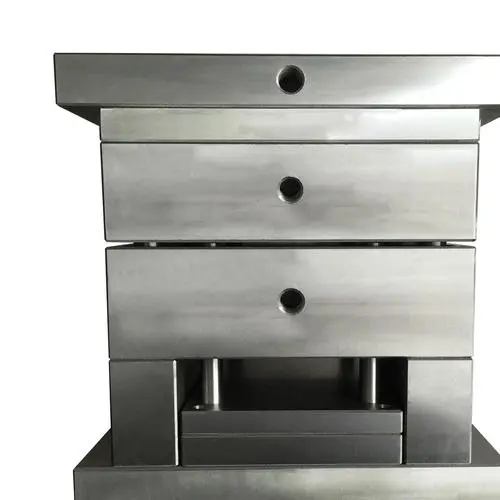Understanding Mold Bases
Mold bases are critical components in the manufacturing industry, especially in the realm of plastic injection molding. They serve as the support structure for molds, providing a stable foundation for the injection process. Understanding the various types of mold bases available and their specific applications is crucial for manufacturing efficiency and product quality.
Types of Mold Bases
In the Korean manufacturing industry, several types of mold bases are commonly utilized. Below are the primary categories:
- Standard Mold Bases: These are widely used due to their versatility and cost-effectiveness. They come in standardized sizes and configurations, making them suitable for a variety of applications.
- Customized Mold Bases: For specialized applications, customized mold bases are crafted to meet unique specifications. This ensures optimal performance for specific molds.
- Modular Mold Bases: Modular systems allow for easy customization and flexibility in design. They enable manufacturers to modify the base as needed without extensive rework.
Importance of Material Selection
Choosing the right material for mold bases is essential for durability and performance. Common materials include:
- Steel: Known for its strength and durability. It is resistant to deformation even under high pressure.
- Aluminum: Lightweight and resistant to corrosion, aluminum mold bases are great for lower volume applications but offer less durability than steel.
- Composite Materials: Recent advancements have introduced composite materials that combine the benefits of both metal and plastic for a balance of strength and weight.
Technological Advancements in Mold Base Manufacturing
The Korean manufacturing sector is renowned for embracing technology. Recent advancements in mold base manufacturing include:
- 3D Printing: Rapid prototyping through 3D printing technology allows manufacturers to create complex mold bases more quickly and cost-effectively.
- CNC Machining: Computer Numerical Control (CNC) machining has transformed traditional manufacturing processes, providing precision and repeatability.
Cost Considerations
Investing in quality mold bases is fundamental for long-term success. However, cost can vary widely based on material, size, and customization. Key factors that influence cost include:
- Complexity of Design: Intricate designs require more time and resources, increasing overall cost.
- Material Choice: High-quality materials will often lead to higher initial costs but result in longer-lasting products.
Quality Assurance in Mold Base Production
Ensuring quality in mold base production is vital to maintain product integrity and consistency. Quality assurance processes may involve:
- Material Inspection: Ensuring that materials meet specified standards before manufacturing begins.
- Dimensional Checks: Regularly verifying the dimensions of mold bases against design specifications prevents errors in the production line.
- Testing: Conducting functional tests on completed mold bases to assess their performance under real-world conditions.
Conclusion
In conclusion, mold bases are an integral part of the manufacturing industry in Korea. Understanding the various types, materials, and technological advancements in mold base manufacturing is crucial for success. Investing in quality mold bases can lead to enhanced efficiency and productivity in the manufacturing process. By prioritizing quality, manufacturers can ensure that their production standards are consistently met, leading to superior end products.
FAQs
What is the typical lifespan of a mold base?
The lifespan of a mold base can vary based on the material used, the complexity of the mold, and the frequency of use. Generally, a well-maintained mold base made from high-quality materials can last several years.
How do I choose the right mold base for my application?
Selecting the right mold base involves considering the type of product being manufactured, the required precision, and the volume of production. Consulting with a mold base supplier can provide valuable insights tailored to your specific needs.
Are customized mold bases worth the investment?
While customized mold bases typically have a higher initial cost, they often lead to improved efficiency and product quality. For specialized applications, the benefits of increased precision and tailored fit can justify the investment.
What are the maintenance requirements for mold bases?
Regular maintenance includes cleaning the mold bases, checking for wear and damage, and periodically lubricating moving parts. Proper maintenance helps extend the lifespan and performance of mold bases.

